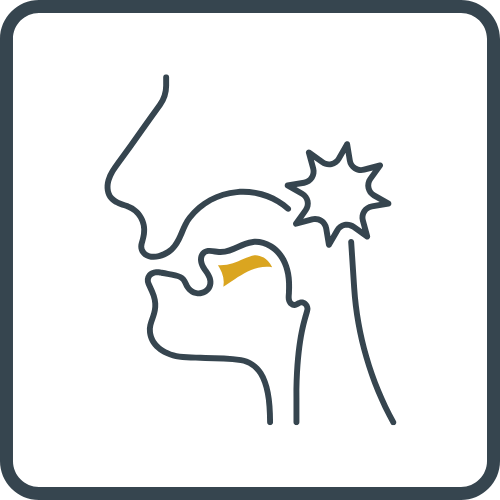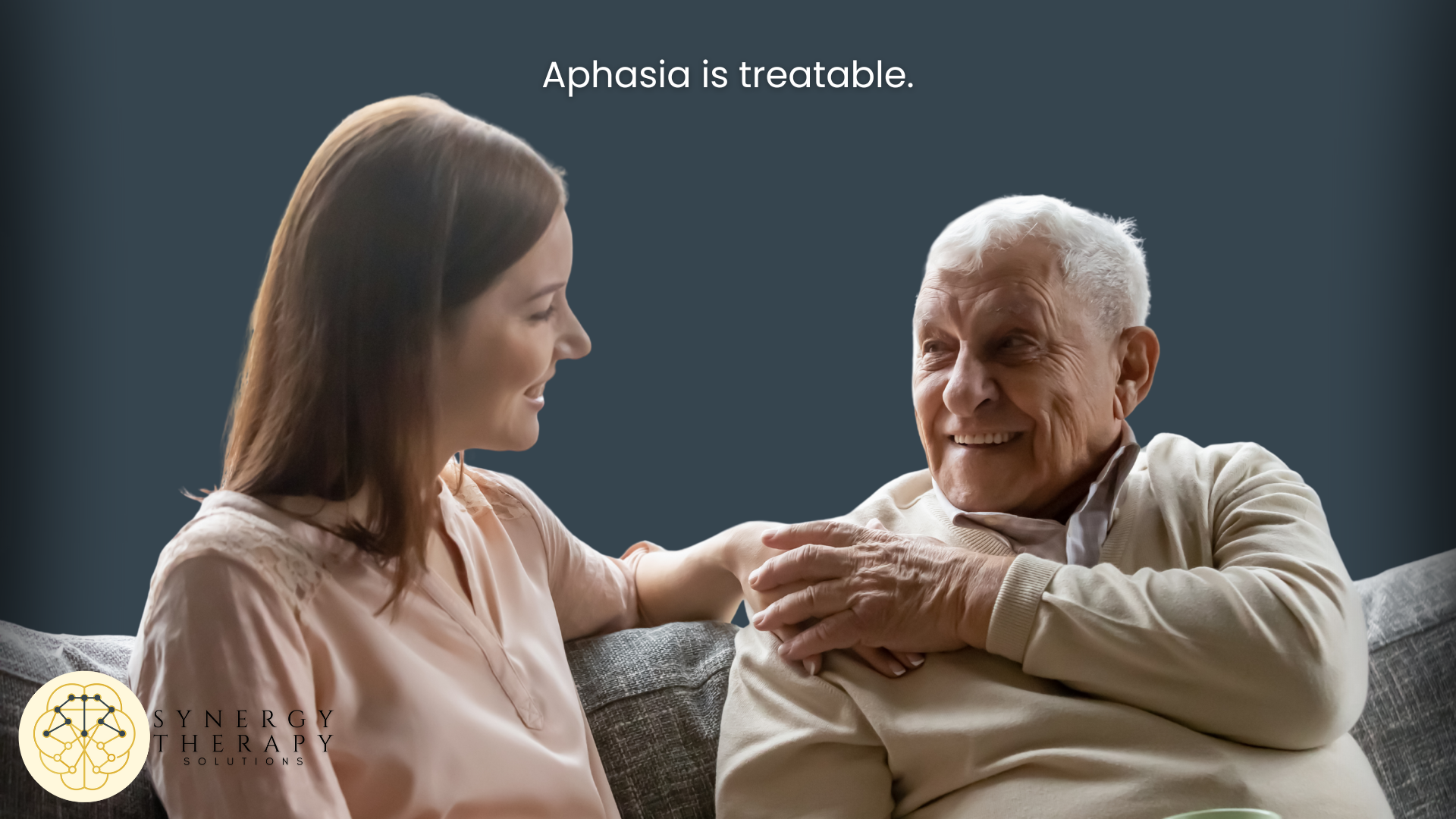
Speech Therapy for Aphasia
Individual speech-language therapy for communication impairments after stroke or brain injury.
Specific Treatments Offered:
-
Life Participation Approach to Aphasia (LPAA) - Functional, real-world communication goals
-
Integrated Discourse Therapy (IDT) - Word retrieval → sentence generation → conversation practice
-
NADIIA (Narrative and Discourse Intervention) - Multilevel approach for everyday communication
-
Context-Based Approach - For fluent/Wernicke's aphasia (comprehension, self-correction, efficiency)
-
Melodic Intonation Therapy - For severe expressive aphasia
What It Treats:
-
Speaking: Word-finding, sentence formation, substitutions, made-up words
-
Listening: Understanding conversations, following directions, processing time
-
Reading: Word recognition, comprehension, sounding out words
-
Writing: Letter/word/sentence formation, grammar, organizing thoughts
Guiding Philosophy
"There is no such thing as a plateau" - neuroplasticity allows progress years after injury
Speech Therapy for Adults

Synergy Therapy Solutions, can help you form new connections and reinforce the old ones. Brain injury or stroke shouldn't slow you down. The goals we develop will be formed around your real-life situations so progress continues.
After a stroke or brain injury, you may also experience changes in speech. Here are the common symptoms:
- Speech that is difficult to understand
- Slow or fast rate of speech
- Substituting, distorting, or deleting speech sounds in words
- Difficulty imitating sounds
- Monopitch sounding speech
- Difficulty with movement of the tongue, lips, or jaw
- Short rushes of speech
- Speaking in short phrases due to difficulty breathing
- Reduced loudness
- Abnormal voice quality
